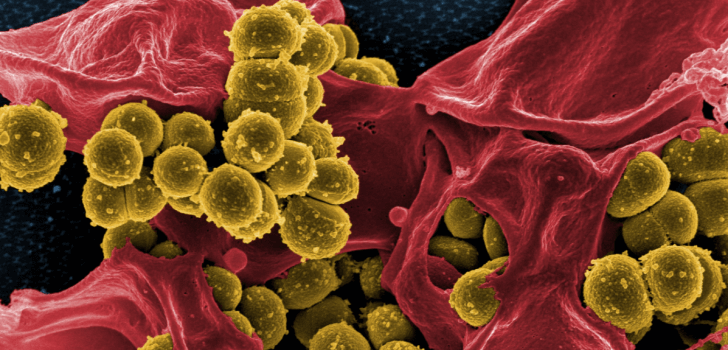Scientists who have found a new strain of bacteria that is resistant to drugs are warning modern day medicine could be be plunged back into the dark ages if a treatment is not found, or if the spread of the strain is not brought under control.
The new bacteria strain is completely resistant to drugs, even colistin, which is used when all other treatments for infection have failed. Ironically it is the overuse of colistin, both in humans and livestock, that may have lead to the formation of the new bacteria strain which was discovered in China.
Chinese scientists identified the new mutation – the MCR-1 gene which has showed resistance to drugs in a fifth of animals tested, 15 percent of raw meat samples and in 16 human patients.
There is evidence that MCR – 1 has spread from China into Malaysia and Laos.
Prof Timothy Walsh, from the University of Cardiff, who collaborated in the Chinese studies says, “All the key players are now in place to make the post-antibiotic world a reality.”
He warns that, “If MRC-1 becomes global, which is a case of when not if, and the gene aligns itself with other antibiotic resistance genes, which is inevitable, then we will have very likely reached the start of the post-antibiotic era. At that point if a patient is seriously ill, say with E. coli, then there is virtually nothing you can do.”
However there is some good news in that resistance to colistin has been detected before and was brought under control, even though scientists say the difference this time the mutation can be shared between bacteria.
Professor Mark Wilcox, from Leeds Teaching Hospitals NHS Trust, says, “The transfer rate of this resistance gene is ridiculously high, that doesn’t look good.”
He says each month his hospital is dealing with multiple cases “where we’re struggling to find an antibiotic”, something he describes was as “rare as hens’ teeth” five years ago.
He says although there is not yet a single recorded or documented event that would indicate the start of the antibiotic apocalypse, it is clear “we’re losing the battle”.
“Do I fear we’ll get to an untreatable organism situation? Ultimately yes,” says Wilcox. “Whether that happens this year, or next year, or the year after, it’s very hard to say.”
Wilcox says the Chinese government is moving swiftly to address the problem and he is contacting world agricultural and health ministries this week to discuss whether colistin should be banned for agricultural use.
Professor Laura Piddock of Antibiotic Action says the same antibiotics “should not be used in veterinary and human medicine”.
“Hopefully the post-antibiotic era is not upon us yet. However, this is a wake-up call to the world,” she says, adding that the dawn of a post-antibiotic era “really depends on the infection, the patient and whether there are alternative treatment options available”. She says the best alternative to the new bacteria mutant may lie in a combinations of antibiotics.
Stay Connected